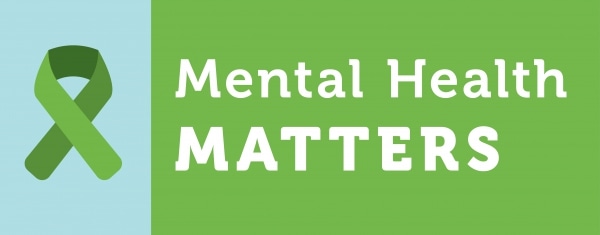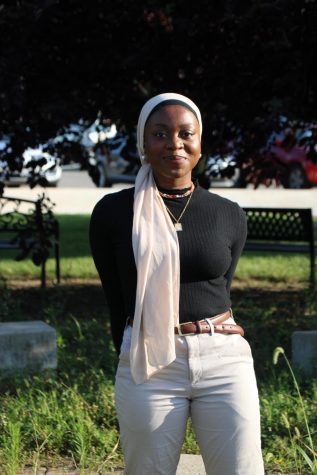How mental health treatment is viewed in Black and African American communities

August 26, 2021
Although discussions about therapy and mental health are being had a lot more lately, many don’t think much about how these topics are viewed within Black and African American communities, specifically.
We’ve come a long way towards de-stigmatizing the idea of needing professional help while dealing with mental and emotional struggles, with the number of adults who receive any mental health treatment in the United States increasing from 12.1% in 2014 to 19.2% in 2019. However, there’s still so much stigma surrounding even discussing the topic of getting therapy or mental health treatment in the Black and AA community. It is viewed as a last resort, not needed, or something that’s for rich-white people alone; unless the issue is completely undeniable and takes over every part of their lives.
I’ve heard this sentiment so many times from older adults in my Nigerian community, from people in my family, from friends sharing how people around them respond to their struggles, etc. I’ve heard people make getting help out to be a thing weak people do for issues “everyone goes through”, with many believing that the help a professional would provide isn’t something they can’t provide themselves or get from simple self-reassurance.
In a 2013 study conducted by Ward, Wiltshire, Detry, and Brown, they found that people within the Black and African American community hold beliefs related to stigma, psychological openness, and help-seeking, which in turn affects their coping behaviors. The participants in this study were not very open to acknowledging psychological problems, but they were somewhat open to seeking mental health services. Although not wanting to acknowledge or discuss these problems leads to not seeking out services.
These are very harmful outlooks to issues that affected 16% percent (4.8 million) of the community in 2018. The taboo attitude towards mental health/illness is more prevalent among older adults in the community who grew up at a time, and in communities where mental illness was heavily stigmatized and treated as a hush hush topic; compared to youth who are growing up now and are a part of a culture actively trying to de-stigmatize needing help and topics surrounding mental health. Black and African American teenagers are 9.8 percent likely to attempt suicide, and I believe the growing number of us who struggling with these issues, know people who do, and talk about it is gradually helping de-stigmatize the topic of mental health in our community.
From personal experience and experiences that have been shared with me, many black youth who believe they would benefit from professional treatment aren’t provided it, due to the stigma still existing within our community and families. It is very difficult to have to fight for yourself everyday in this way, to try convincing people who care about you that help is something you need, something even they might need, all while struggling with your health; I believe that the more we talk about it and de-stigmatize it as a group, the easier it will be for ourselves & future generations to get the help they need. As of right now, with the discussions that are going on worldwide about mental health, at a time when anxiety and depression diagnosis are skyrocketing, we should be rigorously having these discussions within our communities too.
However, it isn’t all just stigma that holds back the black and AA community from seeking mental health treatment. African American and Hispanic patients are more likely to report dissatisfaction with their relationships with providers and to perceive poorer quality of care, due to a lack of racially and culturally responsive care and understanding within the mental health field.
One in 5 Black and African American people in the U.S. lived in poverty as of 2018, lacking the resources to seek care, and African American people living below poverty are twice as likely to report serious psychological distress than those living over 2x the poverty level. Due to all of these factors; people in the community are less likely to receive or seek out mental health treatment even if they believed they needed it, and even if stigma wasn’t a factor.
With all of these factors playing a role in how mental health affects our communities uniquely, we need to start addressing, dismantling, and working towards resolving these issues together.



Dada Uthman • Nov 3, 2021 at 12:50 AM
Very nice write up. One other factor influencing our health seeking behaviour especially among Africans is our over religiousness. A lot of Africans still believe mental illnesses are caused by spiritual attacks from witches and other forces. As such they seek help from churches and other spiritual sources.
Jeffrey Dreyer • Aug 26, 2021 at 3:19 PM
Very good!